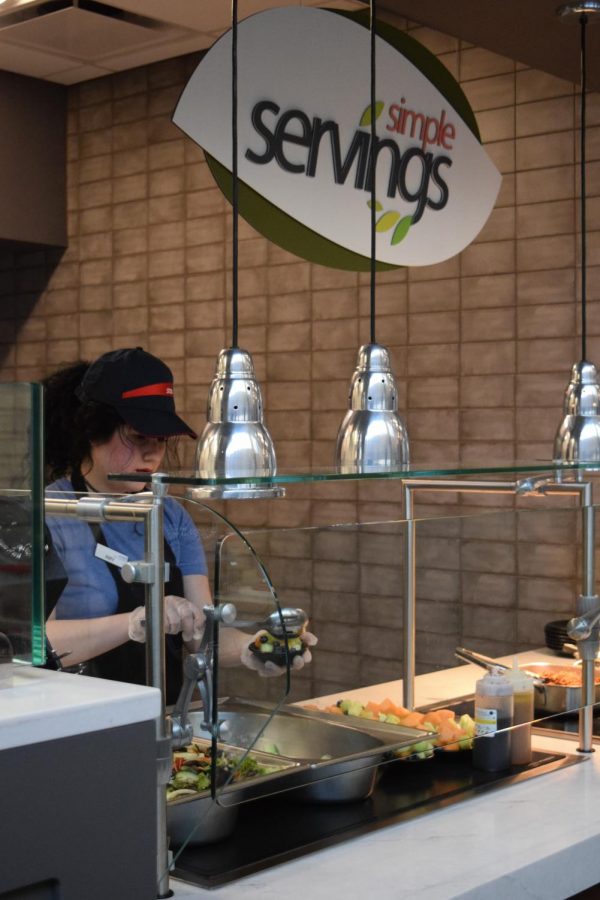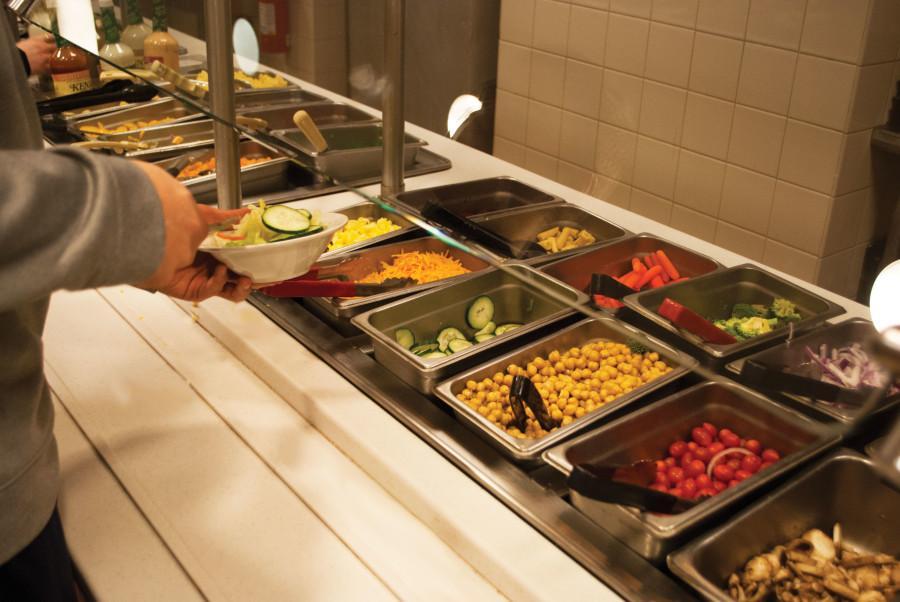 Earlier this school year, Milwaukee Public Schools implemented universal free breakfast and lunch for its students in efforts to keep Milwaukee’s children fed in a more streamlined manner. MPS said the meals would follow national health guidelines. Sure enough, the schools offer meals each week including portions of fruit, vegetables, grains, dairy and mostly lean meats.
Earlier this school year, Milwaukee Public Schools implemented universal free breakfast and lunch for its students in efforts to keep Milwaukee’s children fed in a more streamlined manner. MPS said the meals would follow national health guidelines. Sure enough, the schools offer meals each week including portions of fruit, vegetables, grains, dairy and mostly lean meats.
However, providing healthy options is but one part of the process. Successfully getting children to eat everything on their plates and not just their pizza dippers is another task entirely. Across the nation, reports and studies show that children will intentionally throw away fruits and vegetables included in their meal, noting that “some kids … don’t eat the healthy part of the healthy school lunches,” as The Atlantic’s Arit John put it.
MPS offering easier accessibility to balanced meals is commendable, but the next step is promoting healthier eating habits in communities overall. These habits are shaped in the home, so the focus must now be on assisting students’ families to uphold healthier standards in their daily meals.
Both in Milwaukee and elsewhere, such efforts have already begun. On the north side of the city, the Agape Community Center serves dinner three times a week to eligible families in the area. In recent years, the center altered its menu to better match national health guidelines.
The hopes of the program are not only that children will be exposed to healthy meals at an earlier age, readying them for school lunches later on, but that parents can help to set an example and encourage their children to eat fruits and vegetables.
Some may see the ability to prepare healthy meals at home as an obstacle. Responding to this, nutritionist Leanne Brown wrote “Good and Cheap,” a cookbook based entirely on the typical SNAP/Food Stamp budget familiar to many low-income households. The cookbook, which is free to download, emphasizes healthy, balanced meals made from affordable kitchen staples like oatmeal and eggs.
Providing families with creative ways to stretch their budget and provide wholesome, nutritious meals can help households adopt healthier habits that will better serve children in the long run.
Right now, MPS is supplying the necessary components for healthy meals, but educating students and their families successfully to take advantage of these meals and adopt long-lasting healthy eating habits is the next crucial step. While there are visible efforts from nonprofits in the community to improve family health, MPS should also get involved in the initiative.
Events such as parent-teacher conferences can be an opportunity for educators, parents and children to discuss healthy eating habits and voice opinions on school lunch offerings. The district could also host educational events for families, including cooking classes that incorporate affordable and healthy ingredients.
Instilling healthy eating habits in MPS students may seem like an enormous endeavor, but taking these smaller steps can help the effort progress.




